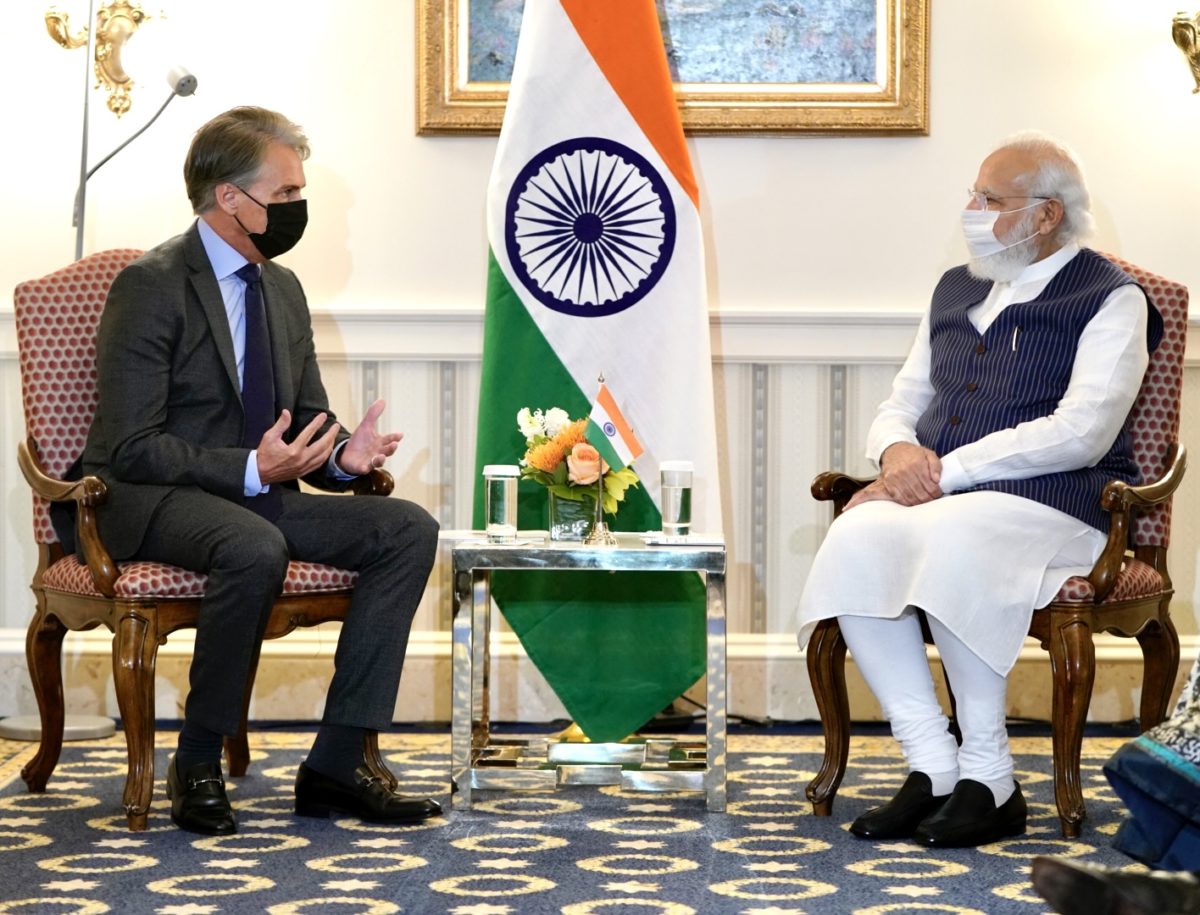Mark Widmar, chief executive officer of US-based thin-film module manufacturer First Solar, has called the Indian government’s production-linked incentives scheme for solar ideal for manufacturers to come to India. The US manufacturer is hopeful of getting successful in receiving an award or a grant through the production-linked incentive scheme for high-efficiency solar module manufacturing. And will continue with its India plans whatever be the tender outcome.
Widmar said the Indian government’s approach of a strong balance between industrial policy as well as trade policy, makes it an ideal opportunity for companies like First Solar to establish manufacturing in India. The government has committed to ensuring domestic capabilities as it pursues long-term climate goals and objectives with focus on energy independence and security.
“I think the alignment of what the Indian government is trying to accomplish couldn’t be better for companies that are looking to manufacture in India,” said Widmar. “The environment is pro-business and there is more opportunity for us to be successful to help India achieve its goal of establishing [solar] manufacturing base. India is taking a leadership role on a global stage as far as renewable sources of energy are concerned.”
India has set ambitious RE targets of 175 GW by 2022 and 450 GW by 2030. The Government has taken a number of steps to enhance domestic manufacturing of solar PV cells and modules as it chases these goals. These include Modified Special Incentive Package Scheme (M-SIPS) Scheme, production-linked incentive scheme for gigawatt-scale manufacturing of high-efficiency solar modules, preference to ‘Make in India’ in public procurement in renewable energy sector, imposition of basic customs duty on import of solar PV cells and modules with effect from April next year.
First Solar is planning a 3.3 GW vertically integrated thin-film solar module manufacturing facility in India. It has bid under the government’s production-linked incentives scheme.
This content is protected by copyright and may not be reused. If you want to cooperate with us and would like to reuse some of our content, please contact: editors@pv-magazine.com.









By submitting this form you agree to pv magazine using your data for the purposes of publishing your comment.
Your personal data will only be disclosed or otherwise transmitted to third parties for the purposes of spam filtering or if this is necessary for technical maintenance of the website. Any other transfer to third parties will not take place unless this is justified on the basis of applicable data protection regulations or if pv magazine is legally obliged to do so.
You may revoke this consent at any time with effect for the future, in which case your personal data will be deleted immediately. Otherwise, your data will be deleted if pv magazine has processed your request or the purpose of data storage is fulfilled.
Further information on data privacy can be found in our Data Protection Policy.